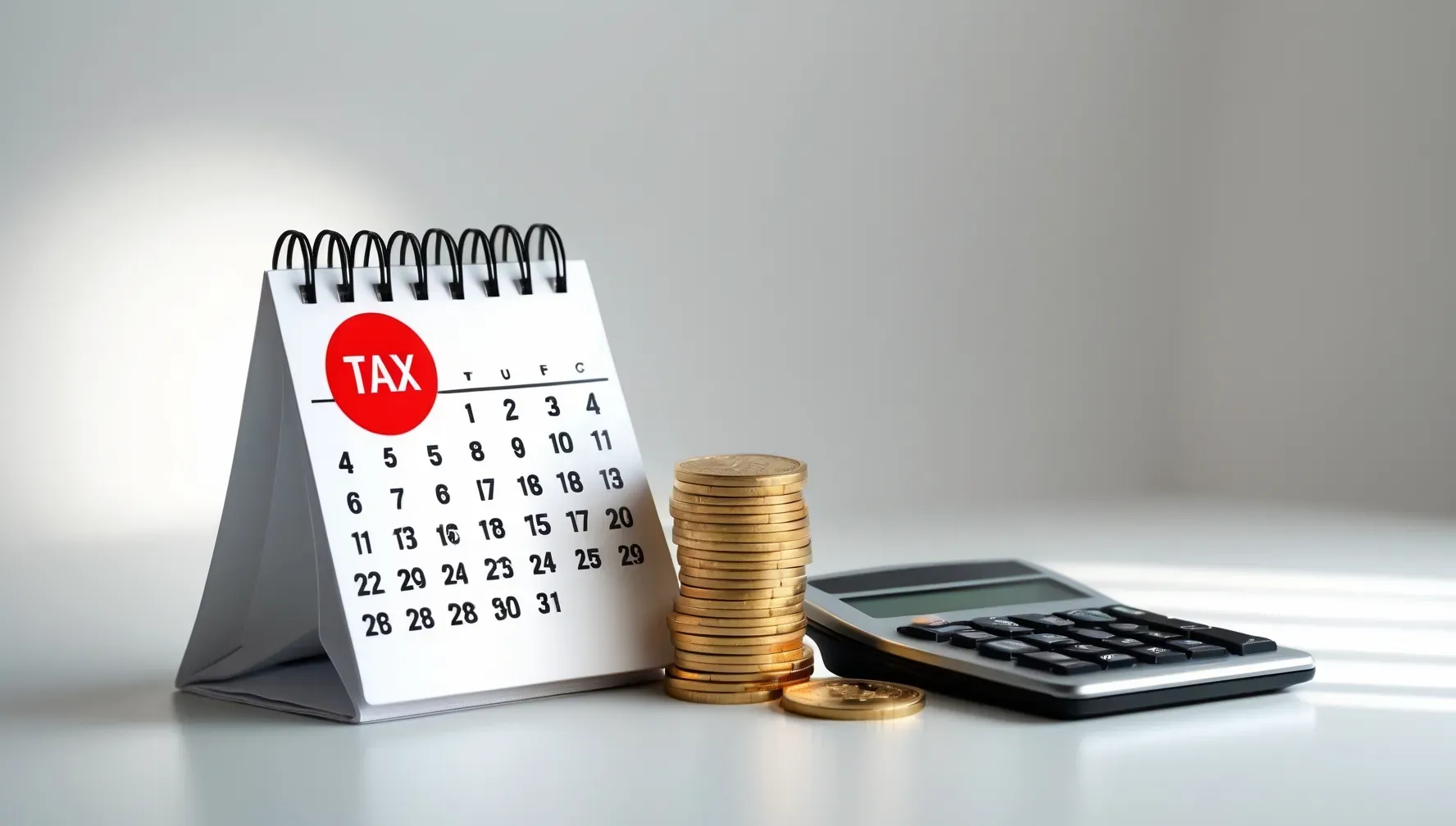
Paying taxes on crypto shouldn’t feel like rocket science—or a nightmare. Yet every year, millions of people end up stressed, confused, or even in trouble, just because they didn’t know what was required. Let’s break it down in plain English, with examples and life-saving tips for 2025.
1. Do You Owe Taxes on Crypto? Most Likely, Yes
If you’ve bought, sold, swapped, or even earned crypto (through mining, staking, or as payment), chances are your government wants a piece of the action.
- Buying and holding crypto is usually not taxable until you sell.
- Selling, trading, or converting crypto counts as a taxable event.
- Getting paid in crypto or earning it (mining/staking) usually counts as income.
2. Track Everything—You’ll Thank Yourself Later
Keep records of every crypto transaction: dates, amounts, what you got and what you paid (in fiat or crypto). Many exchanges provide downloadable reports, and there are apps like Koinly or CoinTracker that help organize your history automatically.
3. How Much Tax Will You Pay?
It depends on your country, how long you held the crypto, and your total income.
- In the U.S. and many EU countries, crypto profits are usually taxed as capital gains (if you held for over a year, your rate may be lower).
- If you held less than a year, or it’s counted as income (for mining, staking, or salaries), your rate can be higher.
Example:Sarah buys $500 of Bitcoin in January and sells for $800 in December. She may owe tax on the $300 gain, depending on local rules.
4. What About Losses?
Good news: In most countries, if you lost money on crypto, you can subtract those losses from your gains. This can lower your overall tax bill.
5. Don’t Ignore Airdrops, Forks, and Rewards
Even “free” coins from airdrops or hard forks can be taxable as income. Always check the local law, but assume the government will want to know.
6. Tools and Tips to Make Tax Time Easier
- Use tax software: Many services connect directly to exchanges and wallets.
- Download reports: Get your annual summaries from every platform you used.
- Set reminders: Don’t leave it until the last week before tax day.
- Ask for help: If you’re unsure, a professional accountant can save you stress and possibly money.
7. Common Mistakes to Avoid
- Forgetting to report small trades or “just a test transaction”
- Mixing up capital gains with income
- Relying only on the exchange history (sometimes they miss things!)

Final Thoughts
Crypto taxes aren’t going away, but they don’t have to be scary. With a bit of planning and organization, you can file your crypto taxes with confidence—and maybe even save some money.
Remember: When in doubt, keep records, ask questions, and never ignore the taxman. Your future self will thank you.